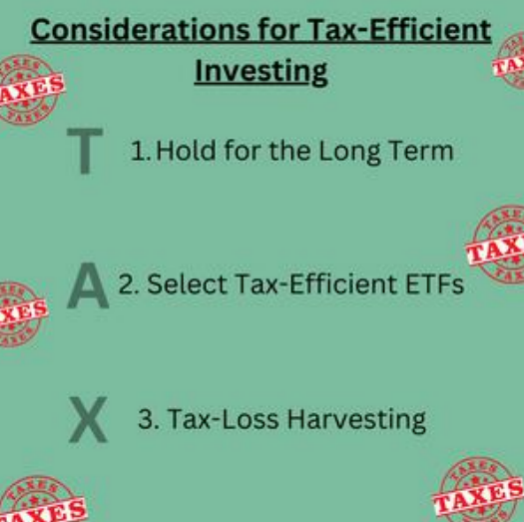For individuals with high spending power, the decision between prepaying loans and pursuing investments presents a complex financial conundrum. Beyond the basic considerations of interest rates and potential returns, a deeper dive into behavioral economics, tax implications, and personal risk tolerance reveals a more nuanced picture. Let’s explore the factors that can help high - net - worth individuals make a more informed choice.
The Hidden Opportunity Costs of Prepayment
Prepaying a loan may seem like a straightforward way to reduce financial obligations, but it comes with hidden opportunity costs. When you use your funds for prepayment, you forego the potential returns from alternative investments. For example, consider a scenario where your mortgage interest rate is 4%, and you have the option to invest in a diversified portfolio of stocks and bonds with an average historical return of 7 - 8%. By choosing prepayment, you sacrifice the chance to earn this additional return over time.
 Moreover, the concept of “psychological accounting” plays a role. High - earners often mentally categorize their finances, seeing debt as a liability that needs immediate elimination. However, this mindset may overlook the long - term growth potential of investments. Instead of impulsively prepaying, it’s crucial to analyze the real - world implications of forgoing investment opportunities.
Moreover, the concept of “psychological accounting” plays a role. High - earners often mentally categorize their finances, seeing debt as a liability that needs immediate elimination. However, this mindset may overlook the long - term growth potential of investments. Instead of impulsively prepaying, it’s crucial to analyze the real - world implications of forgoing investment opportunities.
Investment Risks and Returns in a Volatile Market
Investing, on the other hand, offers the allure of potentially higher returns but also comes with significant risks, especially in a volatile market. Individuals with high net worth often gain access to unique investment options, like hedge funds or private equity. However, these investments come with greater risks. For instance, during economic downturns, even well - diversified portfolios can experience substantial losses.
To mitigate these risks, a strategic approach to asset allocation is essential. Instead of a one - size - fits - all strategy, consider your personal risk tolerance, investment horizon, and financial goals. High - spenders with a long - term perspective and a higher risk appetite may find that a balanced portfolio of stocks, bonds, and alternative assets can outperform the interest savings from loan prepayment over time.
Tax - Efficient Considerations
Tax implications are another factor that often goes overlooked in the prepayment vs. investment debate. In several areas, you might be able to deduct mortgage interest payments from your taxes, which can lower the actual expense of the loan. For high - income earners in higher tax brackets, this deduction can significantly lower the net interest expense.

When it comes to investing, various investment types are subject to different tax rules. For instance, dividends and capital gains earned from stocks can be taxed at different levels. Additionally, some investment options, like tax-advantaged retirement accounts, provide considerable tax benefits.Understanding these tax nuances can tilt the scales in favor of either prepayment or investment, depending on your overall financial situation.
The Role of Personal Financial Goals
Ultimately, the decision between prepaying loans and investing depends on your personal financial goals. If your primary objective is to achieve debt - freedom and reduce financial stress, prepayment may be the right choice. If your goal is to build wealth over time, focusing on capital growth and diversifying your investments might be a better option.

High - net - worth individuals can also consider a hybrid approach. For example, allocate a portion of your funds to prepayment to reduce high - interest debt, while simultaneously investing the remaining amount to take advantage of market opportunities. This balanced strategy allows you to manage risk while still working towards your financial aspirations.
In the complex decision - making process between prepayment and investment, there is no one - size - fits - all answer. High - spending individuals must carefully evaluate the opportunity costs, investment risks, tax implications, and their own financial goals. By taking a holistic approach and considering these often - overlooked factors, you can make a more informed decision that aligns with your long - term financial well - being.



